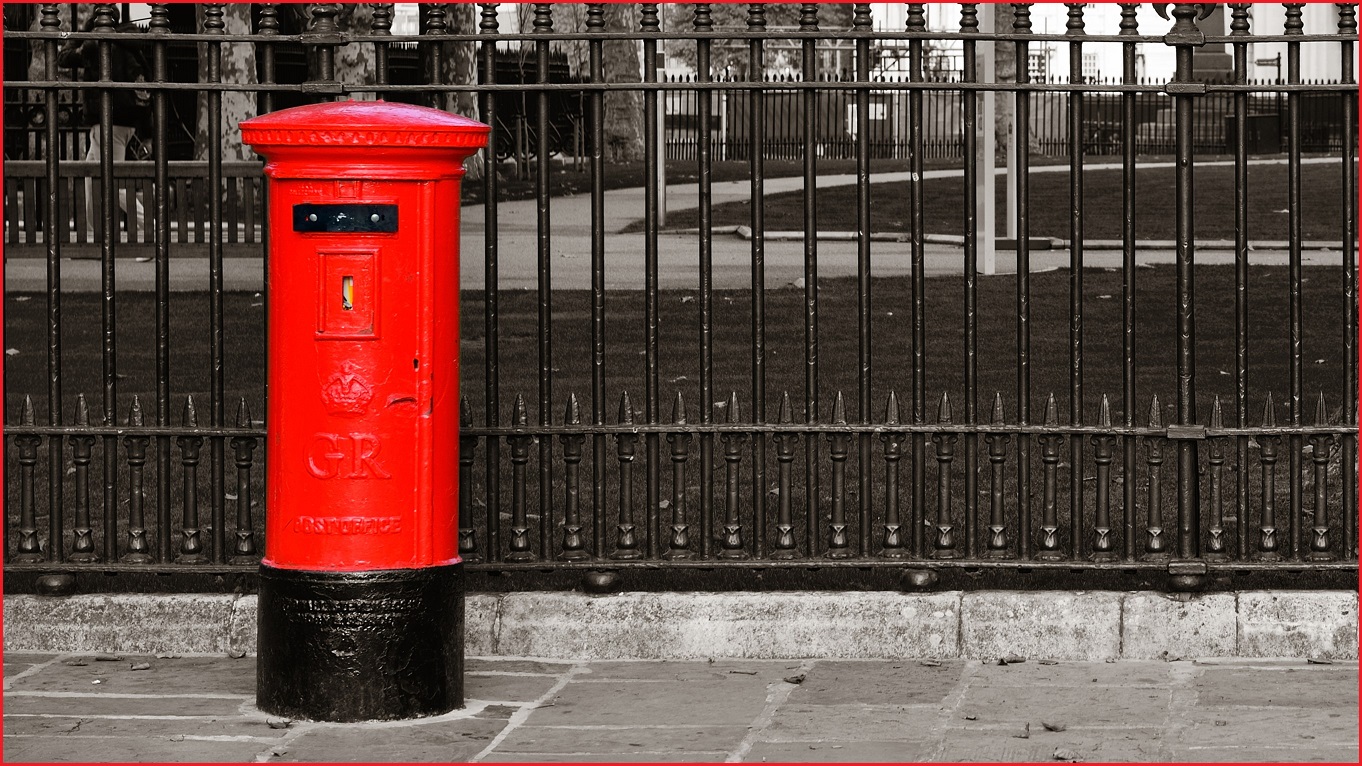Hundreds of former UK Post Office subpostmasters will be exonerated and paid at least $1.1 million (£600,000) each after the UK Parliament introduced legislation to quash fraud, false accounting, and other convictions wrongly imposed for the failures of the Horizon IT system.
News of the new legislation – which Prime Minister Rishi Sunak promised would be passed by year’s end after the airing of a TV miniseries brought the Horizon debacle to the forefront of the public consciousness – emerged during a weeks-long break in the ongoing Post Office Horizon IT Inquiry.
During weeks of testimony earlier this year, that inquiry heard that Horizon developer and maintenance provider Fujitsu collaborated with Post Office authorities to systematically downplay and even fudge details about faults in the system, ignore subpostmasters’ pleas of innocence, and hide potentially exculpatory details from prosecutors who were given no reason to suspect anything other than malfeasance by the accused.
Years later – after many victims were financially ruined, suffered immeasurable stress, ostracised by their communities, died by suicide, and died without knowing what had happened – the newly introduced Post Office (Horizon System) Offences Bill is aiming to wipe the slate clean by quashing the hundreds of convictions that have not already been considered by a Court of Appeal.
If passed, the bill will quash all convictions of former Horizon-using subpostmasters or their employees for false accounting, fraud, handling stolen goods, money laundering, theft, and related ancillary offences relating to offences allegedly committed while carrying on Post Office business between 23 September 1996 – the day on which the Horizon system pilot systems began to be rolled out to Post Offices – and 31 December 2018, which marks the conclusion of the system’s “relatively robust” replacement.
The scandal “has had profound impacts on those affected by it,” Explanatory Notes to the proposed legislation note, with many postmasters “in declining health or [having] lost faith in the system and do not wish to engage further with it.”
“We know many will not want to pursue the only other avenue available to convicted subpostmasters – pursuing their cases individually through a Court of Appeal – the government notes, given their lack of trust in the system.
“It also relies on there being sufficient evidence that the conviction is unsafe and in many cases that evidence no longer exists.
Continuing in this way therefore would not achieve the objective of ensuring all wrongful convictions are quashed.”
Noting that wrongly convicted subpostmasters are only eligible for the £600,000 payments once their convictions are overturned – a condition that has left many subpostmasters “unable to access the compensation that they deserve” – the government argued that the bill “will remove this barrier to access for those who are entitled to financial redress.”
Some 35 subpostmasters had already accepted the flat fee payment as of early March, while subpostmasters still have the option of pursuing larger damages by having their cases heard individually.
Those who weren’t convicted but suffered hardship and financial loss due to the scandal can access a redress payment of $145,000 (£75,000) under the Horizon Shortfall Scheme.
A big step on a long road
The bill is a long-overdue victory for the hundreds of subpostmasters who have rallied – both individually and through collective action by the Justice for Subpostmasters Alliance (JSA) – for awareness of their persecution under an ongoing series of events that is regularly described as the worst miscarriage of justice in the UK’s history, leaving a trail of social and financial destruction in its wake over more than 20 years.
“While I know that nothing can make up for what [subpostmasters] have been through,” Sunak said as the legislation was announced, “today’s legislation marks an important step forward in finally clearing their names.”
“We owe it to the victims of this scandal who have had their lives and livelihoods callously torn apart, to deliver the justice they’ve fought so long and hard for, and to ensure nothing like this ever happens again.”’
The operation of the bill is “an unprecedented and wholly exceptional legal solution to a miscarriage of justice of unparalleled scale and impact,” the government said, with the “unambiguous” criteria designed to expedite resolution of the matter once and for all.
Although the bill – which is expected to become law by the end of July – would only apply to subpostmasters in England and Wales, the Sunak government said it will work with Scotland’s Crown Office and Procurator Fiscal Service, and Northern Ireland’s Public Prosecution Service, which it said, “are best placed to legislate to overturn convictions undertaken by those prosecutors.”
Business and Trade Committee chair Liam Byrne welcomed the new law as “an important step forward” but flagged unresolved issues – including the lack of a “legally binding timeframe” for payments and the fact that the Post Office is still in charge of “processing too many claims, when it’s patently not fit for purpose.”
All eyes will be on the testimony of senior Post Office executives, who will take the stand when the inquiry resumes in mid-April, including former CEO Paula Vennells.










